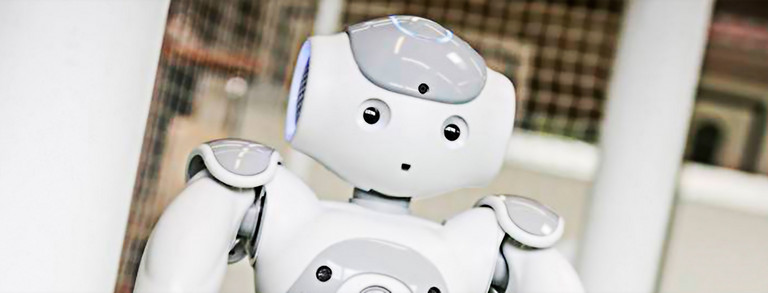Science Communication
Science communication has many facets. Digitization opens up additional opportunities to offer citizens science-based guidance in social debates - be it about climate change, health protection or digitization. However, this is also accompanied by the danger of a more rapid spread of misinformation and disinformation, which poses new challenges for science communication. TU Dortmund University is committed to establishing scientifically sound quality standards for its own external science communication, which are also based on the rules of good scientific practice.
Innovative measures have been developed and implemented under the responsibility of Prof. Dr. Holger Wormer and Eva Prost.
One focus of the RRC is on researching and communicating meta-knowledge about science, which enables media users to make better judgments about - sometimes supposedly - scientific sources and studies. To this end, TU Dortmund University cooperates with colleagues from science research (including the University of Bonn) as well as with practical partners, e.g. the Science Media Center Germany, the Wissenschaftspressekonferenz and WDR-Quarks.
How can researchers from different disciplines successfully communicate research results and their origins? What scientific due diligence criteria must be observed? And what are the special features of individual disciplines? Such questions are answered by an annual seminar series offered by the Chair of Science Journalism - focused on methodological and structural peculiarities of different research cultures. The event is aimed at master's students and researchers from all departments and career stages, especially doctoral students.
TU Dortmund University has developed a mission statement for good science communication in 2022. It is intended to provide scientists with guidance on the principles that are important for responsible communication with society: Good external science communication is science- and audience-oriented, makes the appropriate choice from a variety of possible formats, and thinks through its impact. Scientific quality standards must also not be violated in communication with the public.
Numerous recommendations on the quality of science communication have been published in recent years, but they are only hesitantly finding their way into the daily workflow of communication departments. At TU Dortmund University, a "scientist in residence" in the university communications department is now to ensure the direct link between quality research and quality assurance in practice. Using the example of AI topics, quality standards are being further developed for this purpose, among other things.





![[Translate to English:] Partner Four hands are holding the green logo of TU Dortmund University](/storages/tu_website/_processed_/1/d/csm_Partner_Nicole_Rechmann_KW_670eba0154.jpg)




![[Translate to English:] Forschung An apparatus with tubes in a laboratory](/storages/tu_website/_processed_/0/c/csm_Forschung_Juergen_Huhn_4fa3153b51.jpg)
![[Translate to English:] Studium Five students are sitting in a lecture hall. They are talking to each other.](/storages/tu_website/_processed_/c/9/csm_Studium_FelixSchmale_dbdbfb0dd7.jpg)





